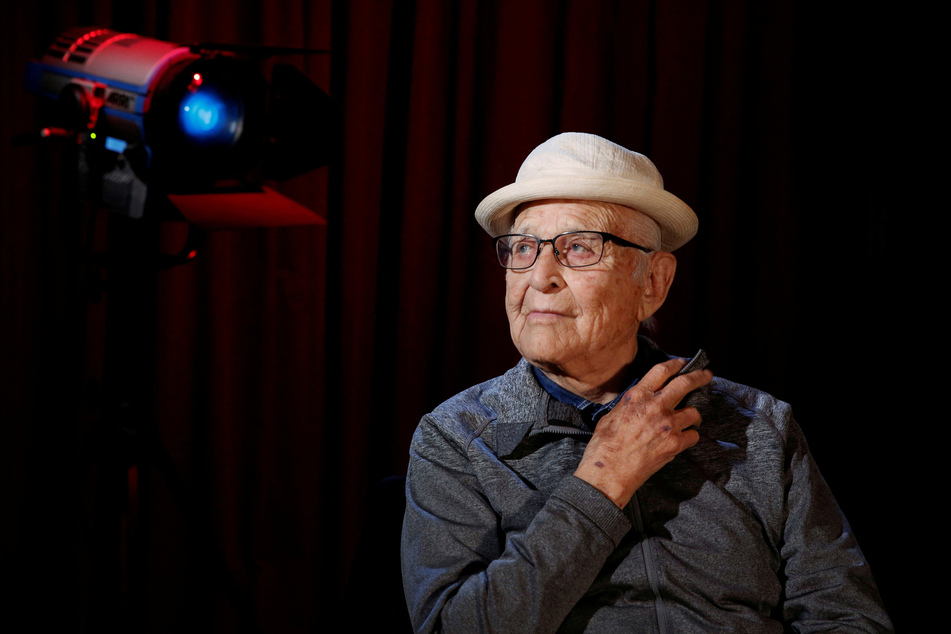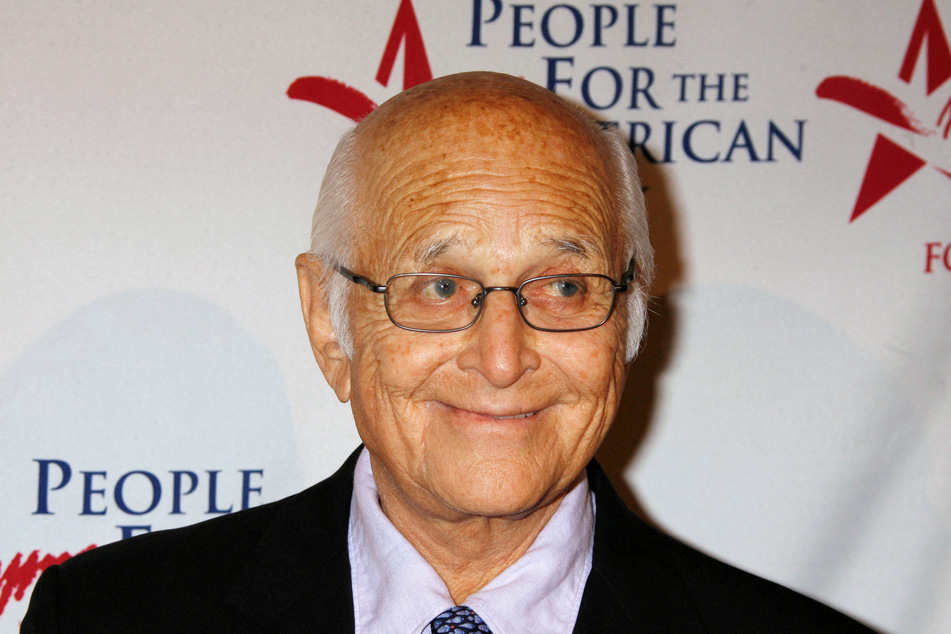Norman Lear, sitcom king who changed TV and America, has died
Los Angeles, California - Norman Lear was television's prolific genius whose trailblazing sitcoms in the 1970s and 1980s revolutionized US entertainment – and helped change the way a nation saw itself.

With boundary-breaking shows like All In the Family and The Jeffersons, Lear – who has died aged 101 – helped millions of viewers confront their deepest fears, frailties, and prejudices with humor and humanity.
Among his milestones was creating the first African-American nuclear family regularly appearing on television: the Evans clan on Good Times, beginning in 1974.
He injected the sensitive subjects of race, sexuality, class, inequality, and politics into his work, breaking the sitcom mold and beaming modern visions of family life into US households.
Lear abandoned the idealistic representation of American families and adopted a more real-world depiction – and in so doing, he changed the face of television.
"What was new was that we were engaging in reality," the famed creator said in the 2016 documentary Norman Lear: Just Another Version of You.
Real-life subjects

Fellow comedy star Mel Brooks hailed Lear as "the bravest television writer, director and producer of all time."
Lear's family, in announcing his death, said Wednesday their patriarch wrote about real life, "not a glossy ideal."
"At first, his ideas were met with closed doors and misunderstanding. However, he stuck to his conviction that the 'foolishness of the human condition' made great television, and eventually he was heard."
In the mid-1970s, at the height of his eight-decade career, Lear had five sitcoms in prime time – during an era when Americans watched television collectively.
Broadcaster CBS estimated at the time that a staggering 120 million Americans watched Lear programming each week.
The six-time Emmy Award winner wrote, produced, created or developed roughly 100 specials and shows including 1980s mega-hit The Facts of Life and the long-running One Day at a Time.
Tributes poured in: in an extremely rare collective tribute, five major broadcast networks – CBS, NBS, ABC, Fox, and the CW – simultaneously aired in memoriam cards Wednesday evening to honor Lear.
One card featured his picture and the other said, "thank you for making us all family."
President Joe Biden also hailed Lear, calling him "a transformational force in American culture, whose trailblazing shows redefined television with courage, conscience, and humor, opening our nation’s eyes and often our hearts."
Blue-collar comedy

Lear's most explosive creation was All In the Family, a blue-collar comedy so audacious that its first episode, in 1971, came with a disclaimer.
The half-hour show featured Archie Bunker, lovably irascible but bigoted, narrow-minded, and clashing with his liberal relatives.
It marked a TV paradigm shift.
"Television can be broken into two parts, BN and AN: Before Norman and After Norman," writer and producer Phil Rosenthal said in the 2016 documentary.
Lear, donning his trademark porkpie hat, also produced or funded such big-screen classics as The Princess Bride and This is Spinal Tap.
But television was his magic medium.
Never far from the surface in Lear's shows were the issues gnawing at American society: misogyny, racism, homophobia, women's rights, and political division.
He dug deep into the exigencies of Black life. And while Good Times was intended as a white audience's window into Black America, The Jeffersons represented the American Dream for Black people.
From 1975 to 1985, The Jeffersons portrayed African American success through an unapologetically Black couple "movin' on up" in New York society.
Conservative critics

Norman Milton Lear was born on July 27, 1922, into a Jewish family in New Haven, Connecticut.
His mother emigrated from Russia, and his father was a salesman who served time in jail and had a bigoted streak that embarrassed his son – but also served as source material.
Lear dropped out of college to enlist in the US Army, flying 37 World War II bombing sorties.
By 1949 he moved to Los Angeles, where he found success writing for TV variety shows.
He also produced films including 1963's Come Blow Your Horn starring Frank Sinatra, and in 1967 received an Academy Award nomination for best screenplay for Divorce American Style.
With All In the Family and the TV shows that followed, Lear's influence skyrocketed.
So did his concern about the mix of politics and religion.
Criticism from conservative circles poured in. His revolutionary comedy earned him rebukes from President Richard Nixon and televangelist Jerry Falwell, who called Lear "the number one enemy of the American family."
Lear pushed back against the burgeoning religious right, and in 1981 founded People For the American Way, a group promoting civic engagement and freedom of expression and religion.
Lear's work ethic was legendary. After his 100th birthday, he collaborated with TV host Jimmy Kimmel on specials in which star-studded casts performed remakes of classic Lear shows.
A pioneer on multiple fronts, Lear's portrayal of true-to-life traumas sealed his reputation.
In one watershed 1972 episode of Maude, the title character agonizes over terminating her pregnancy, a plotline that brought the abortion fight to prime time one year before the Supreme Court guaranteed the right to abortion.
Half a century later, Lear – who married three times and had six children – told E! Insider the issues his sitcoms addressed still resonate today.
"The culture has shifted and changed... but the way families experience life is pretty much the same," he said.
Cover photo: REUTERS

